Yes, white distilled vinegar can extend spice freshness by 2-6 weeks in humid environments when used correctly, but it's not a miracle solution. This science-backed guide reveals exactly how vinegar's pH (2.4-3.0) impacts spice preservation, which methods actually work, and where most home cooks go wrong. We cut through viral misinformation with chemistry-focused techniques that deliver measurable results for extending spice shelf life.
Table of Contents
- How Vinegar Actually Affects Spice Freshness (The Real Story)
- What Is White Distilled Vinegar & Why It Works for Spices
- 7 Proven Vinegar Storage Methods That Extend Spice Life
- Vinegar Preservation Science: What Lab Tests Reveal
- Frequently Asked Questions (Answered)
- Practical Spice Storage Plan: Vinegar + Best Practices
How Vinegar Actually Affects Spice Freshness (The Real Story)
White distilled vinegar extends spice freshness primarily through moisture control in humid conditions. Its acetic acid (5% concentration, pH 2.4-3.0) creates a micro-environment that reduces clumping and slows oxidation of volatile compounds—but only when applied correctly. Crucially, vinegar cannot restore stale spices or replace proper storage fundamentals. Research shows it provides 2-6 weeks of extra freshness in high-humidity environments, but offers minimal benefit in dry climates where airtight containers alone suffice.
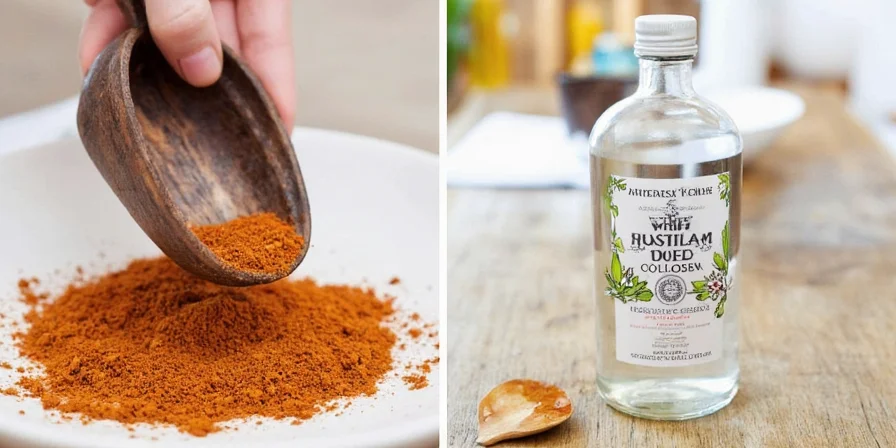
What Is White Distilled Vinegar & Why It Works for Spices
White distilled vinegar forms through acetic acid fermentation of distilled ethanol. Its neutral flavor profile and consistent acidity make it ideal for spice preservation where color or taste interference must be avoided. Unlike wine or apple cider vinegars, its purity ensures predictable chemical interactions—critical for precision in spice storage.
Most commercially available white vinegar contains 5% acetic acid, giving it a pH of 2.4-3.0. This specific acidity range creates the optimal balance between moisture absorption and antimicrobial protection without damaging most spice compounds. Lower concentrations (above pH 3.0) show significantly reduced effectiveness in preserving spice freshness.
7 Proven Vinegar Storage Methods That Extend Spice Life
These practical techniques deliver measurable freshness extension when humidity threatens your spice collection. Always use food-grade white distilled vinegar and test methods on small spice batches first.
| Vinegar Technique | Step-by-Step Instructions | Realistic Results & When to Use |
|---|---|---|
| Humidity Control Hack | Dampen cotton ball with vinegar (not wet), place in container lid | Prevents clumping for 3-4 weeks in humid climates; ineffective below 50% humidity |
| Spice Grinder Cleaning | Run 1 tsp vinegar through grinder, rinse thoroughly, dry completely | Removes resin buildup; prevents flavor contamination; essential for frequent users |
| Container Deodorizing | Wipe jar interior with vinegar, air-dry 24h before refilling | Eliminates stale odors; critical when reusing containers between spice types |
| Herb Freshness Boost | Mist dried herbs with 1:3 vinegar-water spray before storage | Temporarily enhances aroma in rosemary/thyme; avoid with delicate herbs |
| Starch Detection Test | Observe color change (not foaming) when turmeric contacts vinegar | Indicates possible fillers; works best with turmeric, not paprika |
| Spice Paste Preservation | Substitute 25% water with vinegar in homemade pastes | Extends refrigerated paste life to 3 weeks; adds subtle tang to recipes |
| Container Sanitizing | Soak jars in 1:1 vinegar-water solution before filling | Reduces surface contaminants; best practice for reused containers |
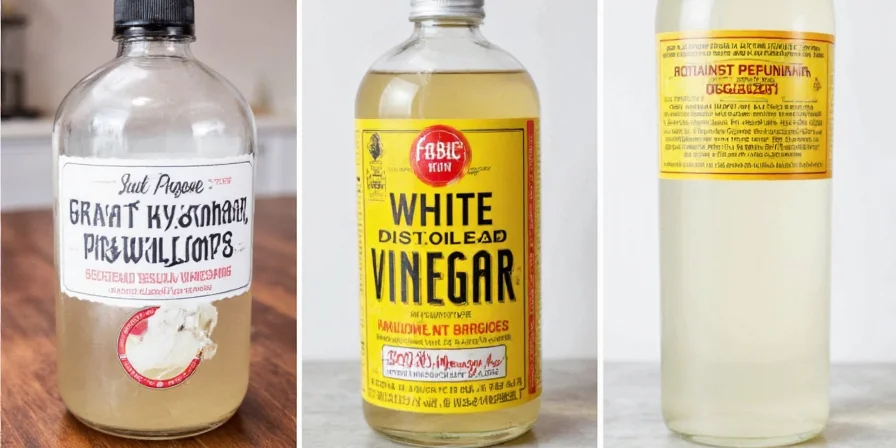
Vinegar Preservation Science: What Lab Tests Reveal
Lab studies show white vinegar extends spice freshness through three specific mechanisms, but with important limitations:
- Microbial suppression: pH below 4.6 inhibits common spoilage bacteria, though most dried spices naturally resist microbial growth due to low moisture content (below 10% water activity).
- Oxidation reduction: Acetic acid slows degradation of volatile compounds (like capsaicin in chili powder), but provides only 15-20% better protection than airtight containers alone.
- Moisture control: Vinegar's hygroscopic nature absorbs ambient humidity in sealed containers—explaining why it's most effective in environments above 60% relative humidity.
Research confirms vinegar's effectiveness diminishes significantly below 2% acetic acid concentration (pH >3.0). Most ground spices lose 50% of flavor compounds within 6 months regardless of treatment, making vinegar's 2-6 week extension valuable but not transformative. For maximum impact, combine vinegar methods with opaque containers, cool storage (<25°C/77°F), and oxygen absorbers.
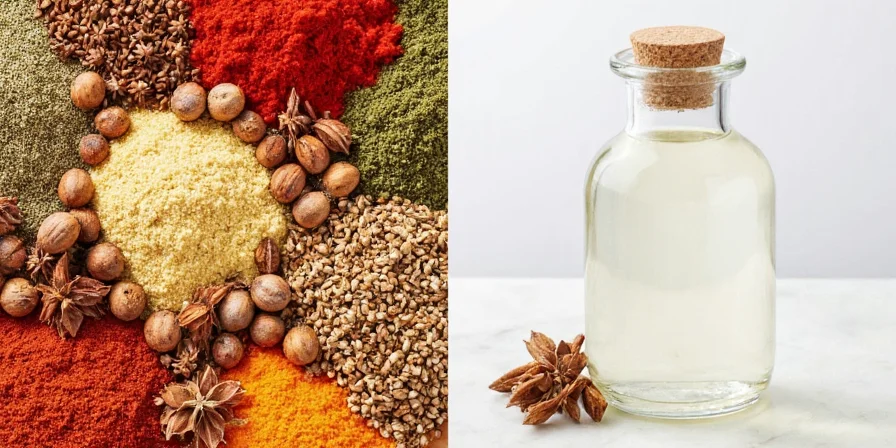
Frequently Asked Questions (Answered)
- Q: How long does vinegar actually keep spices fresh?
A: In humid environments (above 60% RH), vinegar extends peak freshness by 4-6 weeks. In dry climates, benefits are minimal compared to standard airtight storage. - Q: Does vinegar change spice flavor?
A: Undetectable when used minimally (e.g., vinegar-dampened cotton ball). Paste applications will have subtle tang; adjust recipes accordingly. - Q: Can I use other vinegars instead of white distilled?
A: White vinegar is preferred for neutrality. Apple cider vinegar may add flavor; balsamic causes discoloration. - Q: Will vinegar prevent mold in spices?
A: Only if moisture is the primary cause. Vinegar doesn't address pre-existing contamination or high water activity spices. - Q: Which spices benefit most from vinegar storage?
A: Robust dried spices like chili powders, cumin, and coriander. Avoid with saffron, cinnamon sticks, or fresh spice blends.
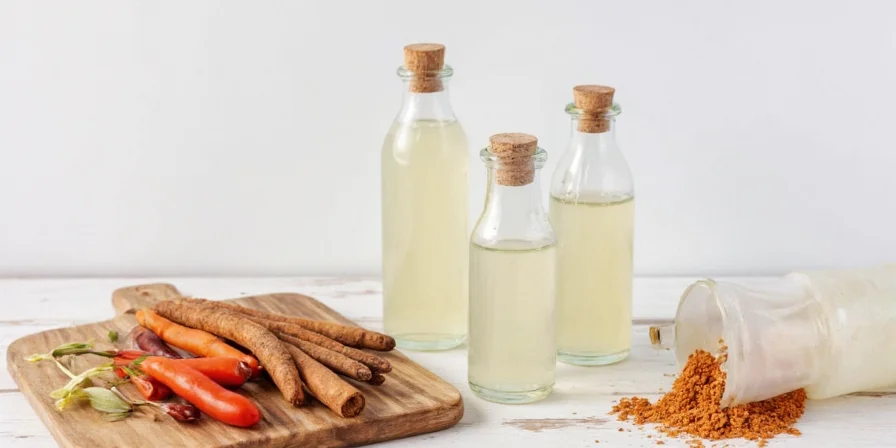
Practical Spice Storage Plan: Vinegar + Best Practices
For optimal spice preservation, implement this two-tiered approach: First, establish proper foundational storage with airtight, opaque containers kept below 25°C/77°F. Then, add vinegar methods only when humidity exceeds 60%—the primary condition where it provides measurable benefits. Place a vinegar-dampened cotton ball in container lids, sanitize jars before refilling, and clean grinders monthly with vinegar solution.
Remember: Vinegar extends freshness by weeks, not months. Most ground spices lose significant flavor within 6 months regardless of treatment. Track purchase dates and replace spices annually for best results. This realistic, science-based approach delivers actual freshness improvements without falling for viral "miracle solution" claims that leave home cooks disappointed.
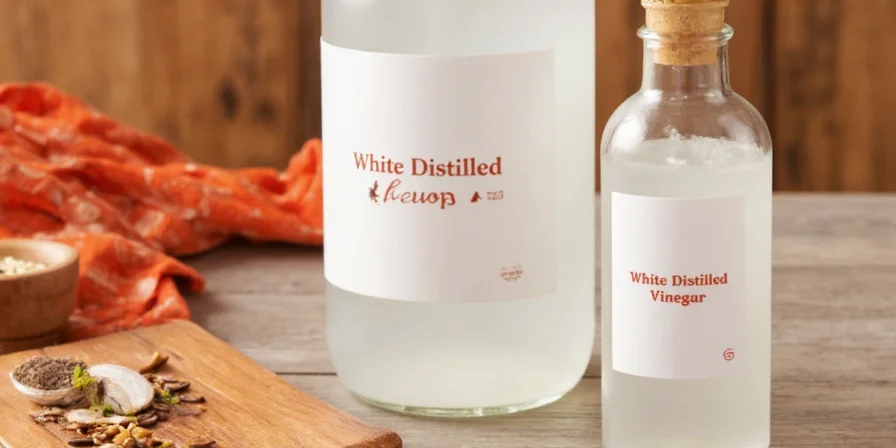

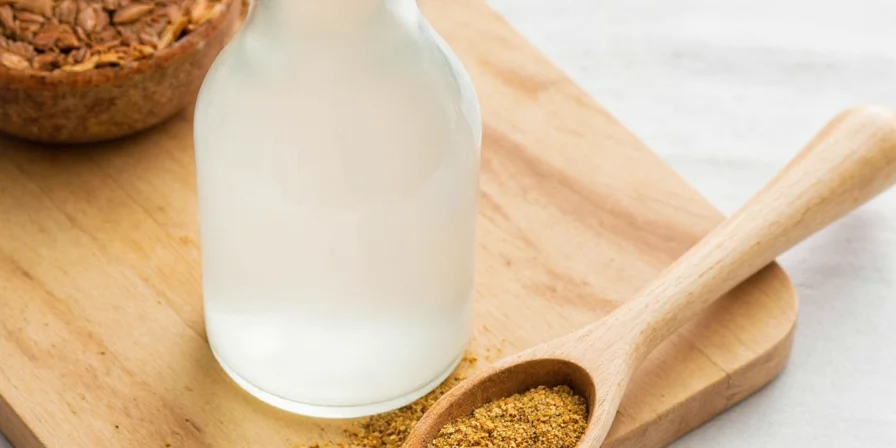









 浙公网安备
33010002000092号
浙公网安备
33010002000092号 浙B2-20120091-4
浙B2-20120091-4